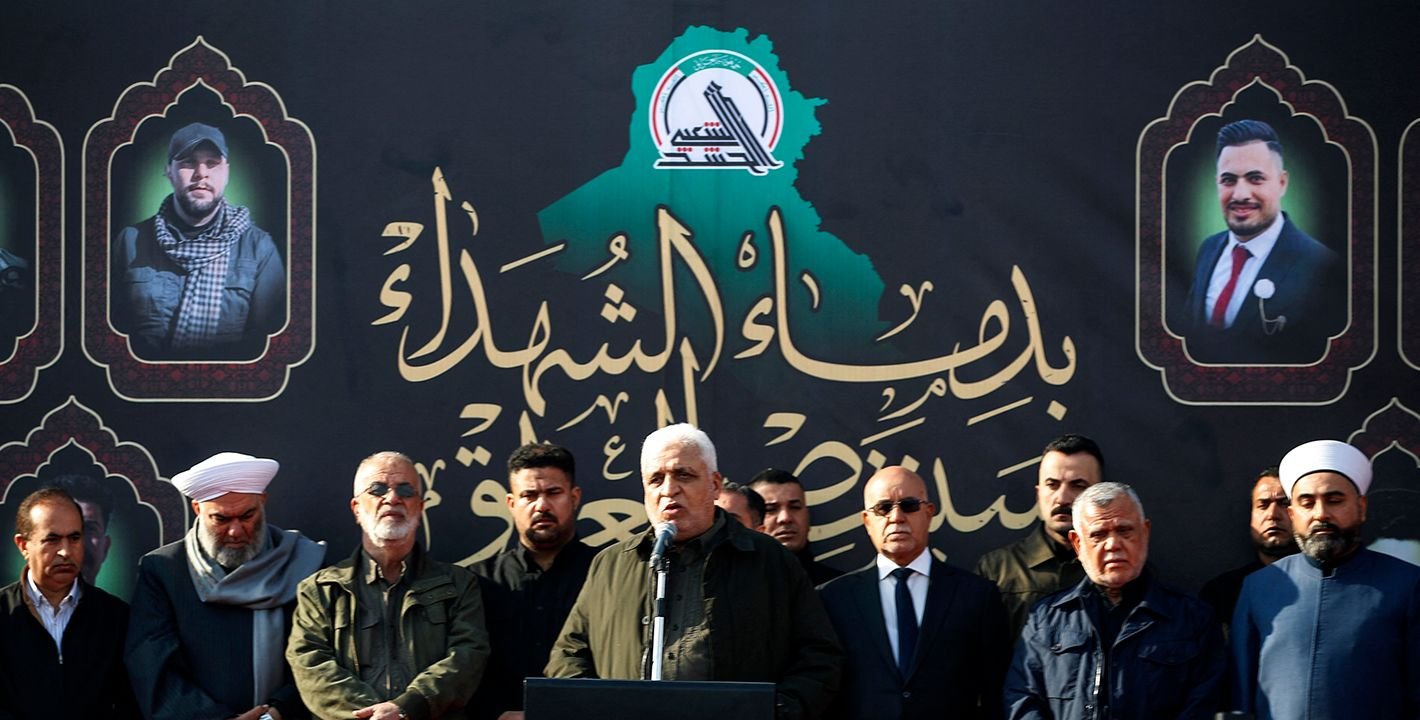The Other Side of the KRG Salary Crisis: How Intra-Shia Patronage is Bankrupting Iraq

While the Iraqi finance ministry halted salary payments to the Kurdistan Regional Government (KRG), citing its failure to meet obligations under the national budget law, a deeper issue threatens Iraq’s financial stability: surging salary expenditures coupled with declining oil prices.
Context: Between 2019 and 2024, Iraq’s salary expenditure surged by nearly 50%, increasing from 40.6 trillion dinars to over 60 trillion dinars. Although non-oil revenues rose modestly from about 8% to 11% of Iraq’s total revenues during this period, the heavy dependence on oil revenue has made recent drops in oil prices particularly alarming, especially as the budget assumed an average oil price of $70 per barrel.
Implications: For 2025, the KRG accounts for approximately 22.2% of Iraq’s total salary expenditure (13.3 trillion out of 60 trillion dinars). Consequently, Iraqi officials and the public increasingly view the region as a financial burden and the primary target for expenditure cuts, as it does not significantly contribute to Iraq’s budget from oil revenues, and returns only a fraction of non-oil revenues to Baghdad.
However, examining Iraq’s broader expenditure trends over the past five years paints a more complicated picture. Between 2022 and 2024, Iraq’s total revenue—largely determined by fluctuating oil prices—decreased by 20 trillion dinars, dropping from roughly 160 trillion to 140 trillion dinars. Yet, salary expenditures simultaneously rose by 17 trillion dinars, from about 43 trillion to 60 trillion dinars. Over a five-year span (2019 to 2024), the proportion of salary expenses relative to total revenue climbed from 38% to 43%, and this percentage is expected to approach a critical threshold of 50% in 2025, among the highest globally.
In comparison, the KRG’s monthly salary expenditure increased by only about 12%, from 895 billion dinars in 2019 to around 1 trillion dinars in 2024. One significant driver behind the overall national salary increase is the dramatic growth of the Shia-led Popular Mobilization Forces (PMF), whose membership nearly doubled from 120,000 to 237,000 during this period. This expansion occurred despite the significant reduction in ISIS threats, the primary justification for the PMF’s existence. Meanwhile, the PMF’s budget ballooned by 57%, rising from $2.16 billion to $3.4 billion, suggesting political patronage by various Shia factions rather than genuine security needs.
This patronage-fueled spending surge has plunged Iraq into a deficit spiral. After years of running a surplus, Iraq recorded a deficit of 3 trillion dinars in 2023, which widened to 28 trillion in 2024. The outlook for 2025 is even worse. Compounding the crisis is Iraq’s worsening liquidity problem: due to U.S. Federal Reserve restrictions and tighter domestic controls on dollar access for merchants and travelers, the government is receiving fewer dinars in exchange for its oil-based dollar revenues, further straining its ability to meet rising obligations.
While the KRG’s oil file often dominates the political narrative, the underlying crisis lies in Baghdad. The unchecked rise of intra-Shia patronage networks—embodied in the massive expansion of the PMF and civil service payroll—points to a deeper structural issue. Iraq’s addiction to salary expenditure is bankrupting the state. The KRG salary burden may be politically convenient to highlight, but it is only accelerating a crisis that was already in motion, and will detonate if oil prices fall further.
Iraq’s Salary Crisis
The Rise in Public Sector Costs (2019-2024)
2019-2024
(% of revenue)
(trillion dinars)
(2024)









